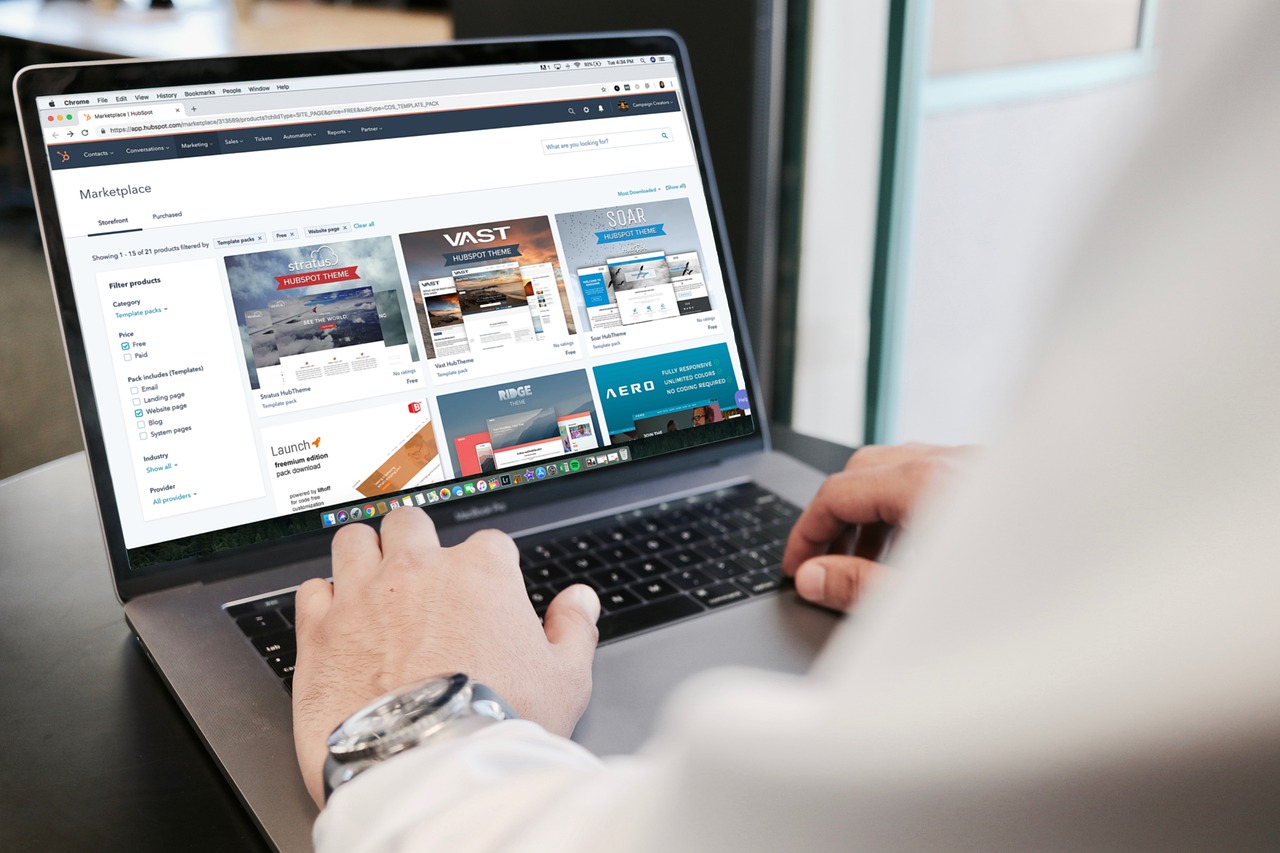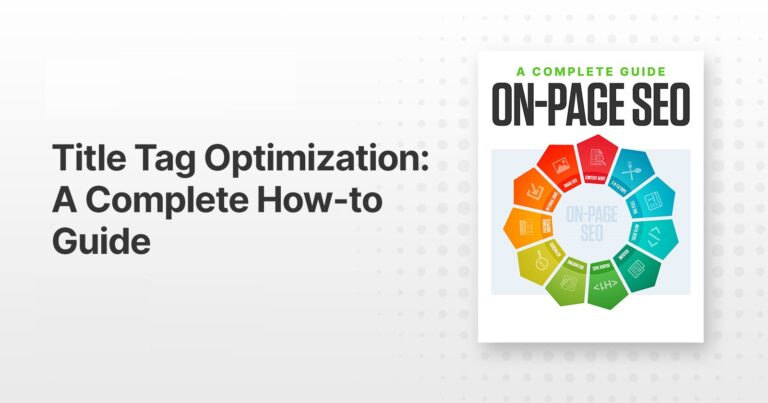Make sure you are selecting the right website for backlinks when thinking of getting it for your site. A comprehensive audit will help you prevent pitfalls and ensure that the backlinks created would be advantageous to your site. This process not only protects your site’s SEO but also enhances your online reputation. By carefully evaluating potential backlink sources, you can build a more robust and credible link profile. Here are 10 key things to consider when auditing a website for backlinks.
Complete Guide to Website Audits:
Domain Authority and Page Authority Matter:
The ranking ability of a website in search engines can be measured with Domain Authority (DA) and Page Authority (PA). While DA is concerned about an entire domain’s strength, PA focuses on various individual pages on the same domain. Sites with strong reputations have high DA and PA scores which makes them sources of valuable link equity. To measure these scores, there is Moz or Ahrefs among other tools. Therefore it is advisable to focus on sites with high DA and PA so you can choose right website for backlinks.
Relevance Matters:
When selecting where to get backlinks, relevance matters a lot. Ensure that it closely relates to what you do or even your niche. This implies that receiving links from relevant websites produces more value since they indicate to search engine algorithms that information in question has high authority in such field(s). For instance, a tech blog linking to a tech product review possesses much more relevant situation compared to those coming from fashion sites.
Traffic:
The amount of people visiting a site shows its popularity and engagement levels. The bigger the number of visitors, the better the audience and visibility of the website. Since such websites attract large audiences, they are likely to pass more value through their backlinks. Websites like SimilarWeb or Alexa can be used to evaluate traffic for your website.
Link Profile:
Examine the link profile of the website to ensure that it is healthy and that it has various types of links. A strong link profile will have different types of high-quality backlinks from other trusted sources. Steer clear of sites with spammy links or low-quality ones because these will hurt your SEO efforts. You can use tools like Ahrefs or SEMrush to get insight into a website’s link profile.
Content Quality:
Evaluate the quality of content on the website. High-quality, engaging, and well-written content suggests that the site values its audience and maintains a standard. Backlinks from sites with high-quality content are more beneficial, as they enhance your credibility and relevance. Check for spelling errors or out-of-date information in the overall content.
Trustworthiness:
The worth of a backlink is a major factor in deciding on how to trust someone’s word. Seek out those websites that possess an untarnished image devoid of any form of black hat SEO practices or penalties over the years. Sites that are deemed as credible will most likely advance your SEO things positively. The history of the website along with other possible indicators can be utilized when gauging its trustworthiness.
Avoid Spam:
Stay away from sites that seem to be spammy or have many pop-ups and ads at once. These often apply dubious practices in order to enhance their positioning which may in turn ruin your site’s name forever. Poor design, unrelated text and too much clouding can easily tell you if it’s a bad site for high performance marketing. Remember websites which bear good reputation usually portray elegance, neatness and pertinence in their materials.
Natural Anchor Text:
Anchor text refers to the clickable words in a hyperlink. Natural anchor text means that it fits seamlessly into the content and is relevant to your site. This is because using keyword-stuffed or irrelevant anchor texts could seem manipulative ones unlikely to offer best SEO value for link partners site owners should avoid them altogether; instead go for diverse yet naturally-worded links here.
Outbound Links:
Make sure that you check the outbound links on a website to find out if they lead to reputable sources or relevant ones. Having such sites increases the likelihood of providing valuable information since high-quality sources are set as outbound links. Consequently, this helps improve the credibility of one’s backlink. On the contrary, sites that link to spammy or unrelated materials may not be esteemed highly.
User Experience:
In web design, user experience (UX) is a significant aspect aiding quality control for online platforms. Websites which have an excellent UX are well-arranged with easy navigation alongside being quicker in loading time. Good user experience guarantees longer duration usage by visitors and a higher percentage of engagement made through content reading. Therefore, valuing user experience creates more room for backlinks with worth when compared with other sites.
Conclusion:
A website audit should always precede the acquisition of backlinks so that you build those with high quality and beneficial nature. You can take account of various factors, such as domain authority, relevance, traffic amount, link profile, composition of content, and selecting the right website for backlinks, ensuring its trustworthiness and avoiding spam. Auditing enables you to diagnose any problems that might arise, watch out for them in the future, and ensure they enhance the site’s authority and visibility levels after getting them.



